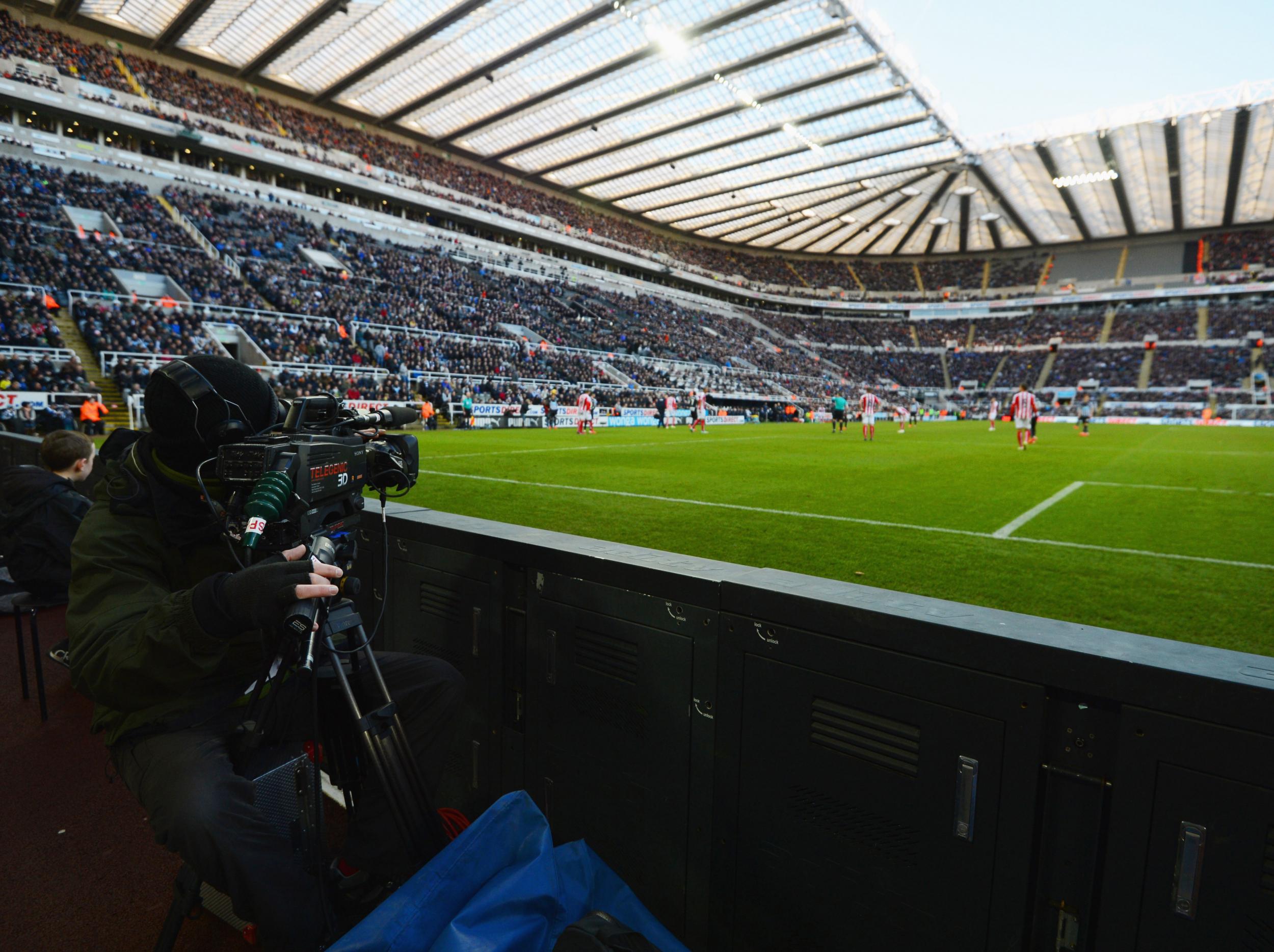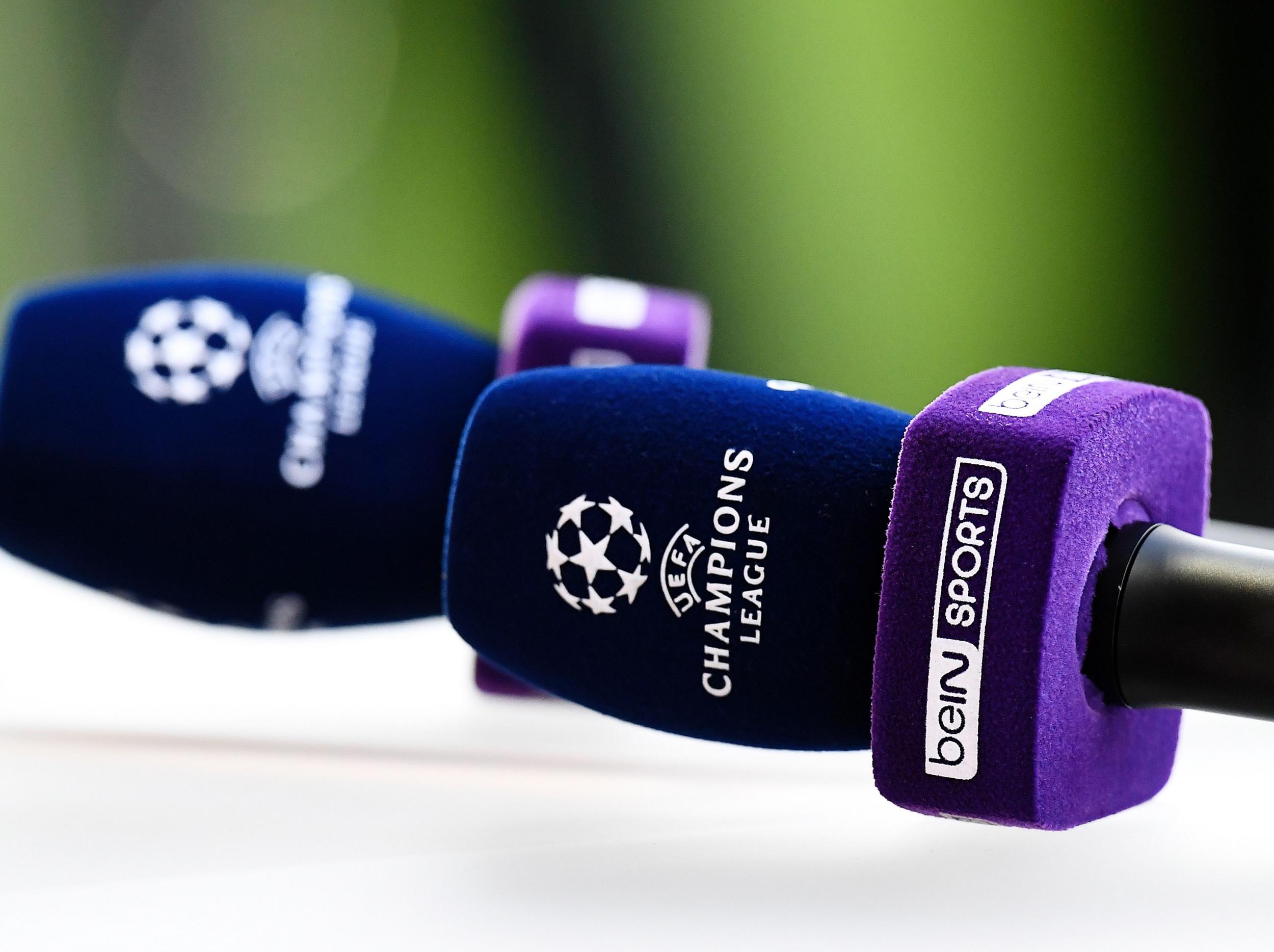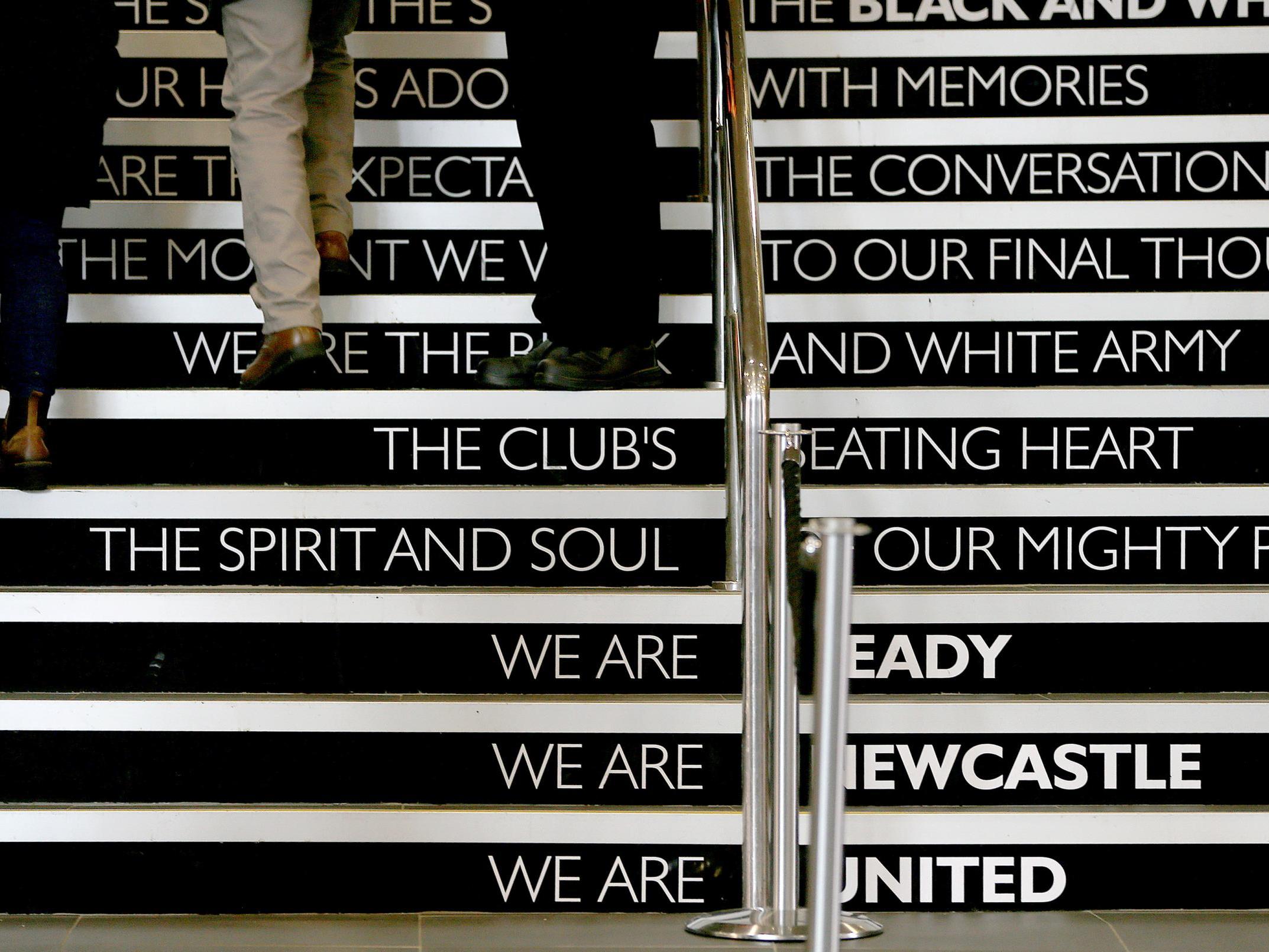Why is Newcastle’s Saudi Arabia takeover threatened by broadcast rights, but not human rights?
A letter to the Premier League from Qatar-based broadcaster BeIN Sports is likely to prove far more influential than correspondence from Amnesty, writes Miguel Delaney


When the consortium trying to buy Newcastle United were told of Amnesty International’s letter to the Premier League about the threat of being a patsy for the Saudi Arabian state, sources tell The Independent they were not worried.
They didn’t feel it would have any effect.
That changed, however, when they were notified about another letter from BeIN Sports.
The Qatar-based broadcaster accused the Saudi Arabian government of the "facilitation of the near three-year theft of the Premier League's commercial rights - and in turn your club's commercial revenues - through its backing of the huge-scale beoutQ pirate service”. The latter has been a weapon in an ongoing economic cold war between the Gulf states, that led to the blockade of Qatar.
That really could have an effect, especially given how integral broadcasting contracts are to the Premier League, particularly at this time.

Some were surprised more hadn’t been made of it.
That, in turn, would say much more about the modern game.
It would in its own way be an indictment of that modern game, that international commercial rights have a greater bearing on the very governance of the league than the gravest human rights complaints - particularly when that is prompted by a state as criticised for their own human rights record as Qatar.
It would be the most perfect punchline imaginable, as if all football history had been building to this incredible pay-off.
Except it isn’t really a laughing matter.
This story fully lays out just how embedded the Premier League has allowed itself to become in wider geopolitics, but also illustrates how important fractious middle eastern relations are to global investment at a high level.
That in turn raises another highly relevant point to all this.
One argument in the discussion about Newcastle’s takeover is that the British state and so many businesses deal with Saudi Arabia all the time, so there’s no reason for football to be different.

That isn’t true. It would be far easier to put in regulation for football, and that’s even before we get to the fact that clubs are social institutions and not just businesses, so should be offered greater protection. That would not be difficult to enact. A stricter interpretation of the Premier League’s own regulations would allow it.
So, football can be different.
It’s just right now different in the wrong way.
The modern game has embraced hyper-capitalism to a greater degree than virtually any other sphere of life, arguably more than international banking, and more than states. That is an argument football historian David Goldblatt made to The Independent in January.
The sport has completely opened itself up to the highest bidder, subjecting itself to a cycle of greed, every step only escalating the effect and making it worse.
The Premier League clubs could actually vote to bring in an ethics clause to the ownership regulations, so that states like Saudi Arabia are prevented from even getting this far. That is currently a fantastical proposition, however, because owners want to be able to sell to the highest possible bidder themselves. And that is increasingly likely - especially in the current climate - to be a sovereign wealth fund.
It sums up how, within that cycle of greed, no one has said stop. Until it all comes crashing together, as the game starts to eat itself.
That may well be what this latest development represents - the game’s reductio ad absurdum, the point at which its greed can’t go past.

The manner in which football has literally sold itself - in broadcasting contracts and on TV - may well mean that Saudi Arabia’s Public Investment Fund can’t buy Newcastle, potentially creating a lot of political problems. It could well mean the ultimate low of one of the most criticised states on earth buying a club could well be prevented by something that is an even greater indictment of the sport.
There would be an even greater irony to that given that it was Qatar and Russia’s winning of the World Cup bids in 2010 - to go with Abu Dhabi’s purchase of Manchester City - that really heralded this new geopolitical economic era in the game.
Qatar would also be preventing Saudi Arabia doing exactly what they did with Paris Saint-Germain.
Now, with no actual football on, the whole world is watching this.
There is a greater pressure on the Premier League than just passing this deal through.
Join our commenting forum
Join thought-provoking conversations, follow other Independent readers and see their replies
Comments
Bookmark popover
Removed from bookmarks